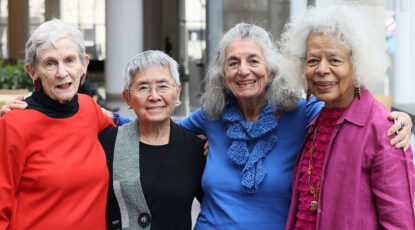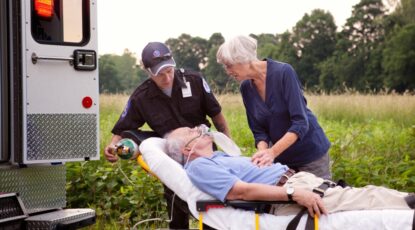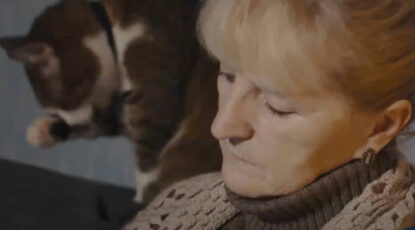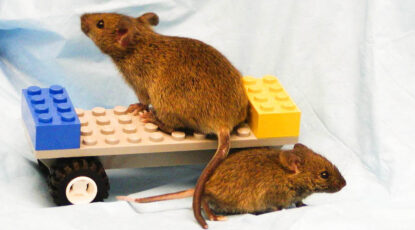-
Unlocking the secrets of SuperAgers
SuperAgers are showing us it’s possible to enjoy quality cognition as we age, says neuropsychologist Amanda Maher. She is leading U-M’s site for the SuperAging Research Initiative, one of six hubs in the U.S. and Canada studying the biological, genetic, and psychosocial factors contributing to resilient cognition.
-
New $81M NIH grant will help US answer urgent need for better dementia care
National Dementia Workforce Study will survey those who work in homes, hospitals, clinics, assisted living facilities, and nursing homes, yielding data to improve care and inform policy.
-
Dementia becomes an emergency 1.4 million times a year
Accidents and behavioral disturbances lead the list of reasons for ER visits. And with about 6 million Americans currently estimated to have dementia, there’s a lot of opportunity to prevent future emergency visits by better supporting dementia caregivers, say U-M researchers.
-
Understanding arthritis
Arthritis: It’s only one word but it represents a variety of unique conditions, says Vic Katch.
-
Move along, dementia
Hoping to ward off dementia or Alzheimer’s Disease? Get moving if you can, suggests Vic Katch.
-
This is your brain at work
Jobs characterized by cognitive complexity reinforce healthy brain reserves while repetitive occupations, especially in loud environments, can lead to mental decline, says Amanda Sonnega at U-M’s Institute for Social Research. Fear not: She has some ‘occupational interventions’ to share.
-
One in 10 older adults have gotten a ‘pandemic pet,’ poll finds
According to the National Poll on Healthy Aging, 10 percent of all people between the ages of 50 and 80 got a new pet between March 2020 and January 2021.
-
A new drug slows aging in mice. What about us?
U-M researchers are seeing success with anti-aging drugs in the lab. Potential exists to postpone age-related diseases in humans and extend lifespan.
-
Balancing act
Walking upright becomes more challenging with age. Vic Katch discusses balance disorders and shares tips to reduce fall risk.









